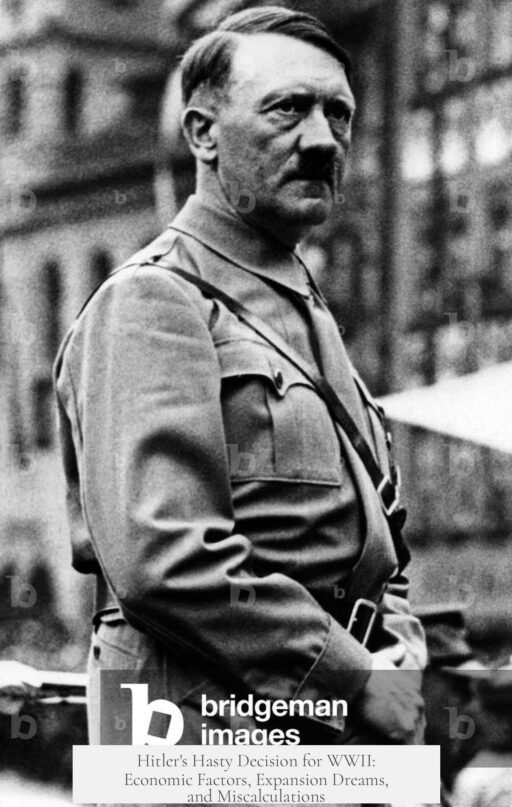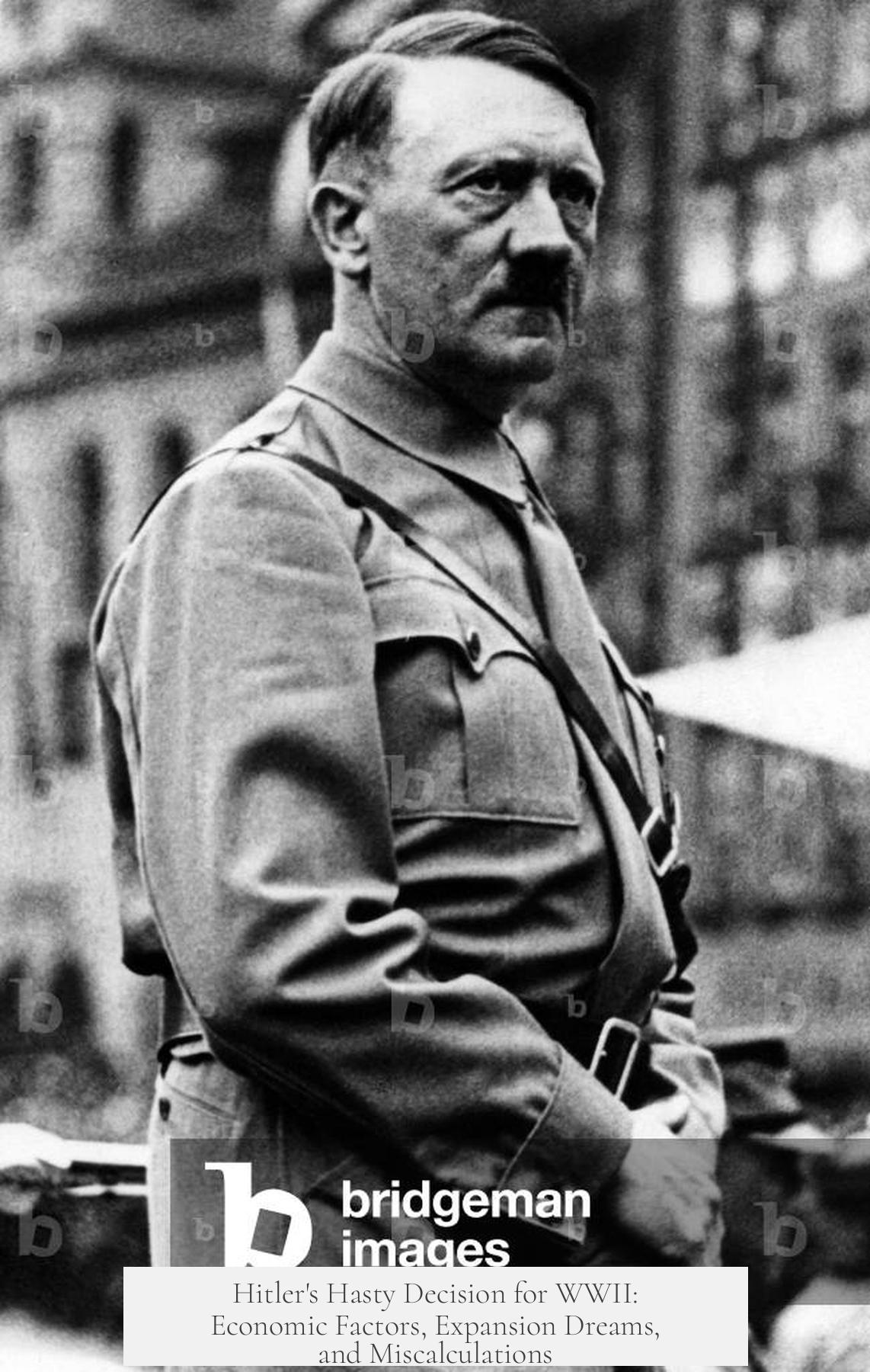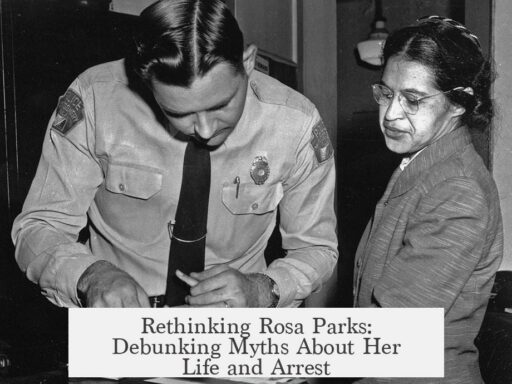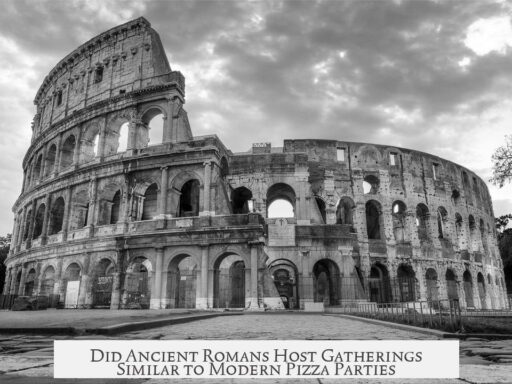Hitler rushed into World War II mainly due to a combination of Germany’s dire economic situation, his expansionist ideology, critical miscalculations, and the political climate shaped by the Treaty of Versailles and Allied actions. These factors converged in the late 1930s, prompting him to initiate conflict before Germany’s weaknesses became fatal.
The German economy in the 1930s was unstable despite a visible boom. This surge was powered by an unsustainable system centered on MeFo bills, a financial scheme created by Reichsbank president Hjalmar Schacht. MeFo bills acted as bonds issued by a dummy corporation to finance rearmament secretly.
This scheme delayed economic collapse but only temporarily. By 1938, the government faced increasing pressure as the Reichsbank printed money to cover debts, causing the money supply to swell by roughly 60%. Inflation risked spiraling into hyperinflation similar to the Weimar Republic’s crisis. Germany needed immediate capital and resources to avoid bankruptcy, which could only come by seizing wealth from other nations.
Hitler’s ideological goals further pushed toward war. His ambition, outlined in Mein Kampf, envisioned a thousand-year Reich built on conquering Eastern Europe’s Slavic lands (Lebensraum) and eliminating those he deemed inferior, including Jews. This was a core motive driving swift military action.
At nearly 50 and poor health, Hitler was eager to witness his empire’s rise personally. The years before 1939 became a limited window for him, adding a personal urgency to move quickly. Key decisions, such as invading Czechoslovakia and later Poland, were partly misjudged as opportunities Hitler believed he could exploit without provoking full-scale war. Early successes inflated his confidence.
“Everything Hitler touched turned to gold,” encouraging him to push boundaries until he overreached.
Strategically, Hitler underestimated the Allied response and overestimated the Soviet Union’s weakness, partly due to Stalin’s purges that had destabilized the Red Army. This miscalculation contributed to his perception that war was winnable.
The Treaty of Versailles played a foundational role. It imposed harsh penalties on Germany, including territorial losses and reparations. This created widespread resentment and economic hardship, motivating the German public and Hitler’s regime to seek reversal by force.
Allied powers initially responded with appeasement, hoping to buy time to rearm rather than confront Germany directly. Agreements like the Munich Pact allowed Germany to annex parts of Czechoslovakia without resistance. This temporary concession emboldened Hitler but delayed an immediate military showdown.
Despite economic pressures, delaying war until 1945 would not have been strategically advantageous for Germany. Allied industrial output and technology were advancing faster. For example, the Allies greatly outproduced Germany in naval power and carrier ships, which were crucial for future conflicts. The longer Germany delayed, the more disadvantaged it would become.
In summary, Hitler’s rush into World War II combined urgent economic needs, ideological ambitions, miscalculations of opposition strength, and the temporary gaps created by Allied appeasement. This confluence pushed Germany into war before it was fully prepared, driven as much by necessity as ambition.
| Factor | Impact on Rush into WWII |
|---|---|
| Economic Crisis (MeFo Bills) | Forced quick access to resources, risking collapse without war. |
| Hitler’s Ideology | Imperial conquest and ethnic goals required rapid expansion. |
| Miscalculation | Underestimated Allied response, overestimated Soviet weakness. |
| Treaty of Versailles | Created resentment and desire to overturn status quo. |
| Allied Appeasement | Delayed conflict temporarily but emboldened Hitler. |
| Military Disadvantage if Delayed | Waiting would worsen Germany’s position against stronger Allies. |
- Germany’s economy relied on risky MeFo bills to finance rearmament, threatening collapse without resource acquisition through war.
- Hitler sought rapid territorial expansion to realize his ideological vision within his lifetime.
- He misjudged Allied resolve and Soviet strength, encouraging premature aggression.
- The Treaty of Versailles fostered economic hardship and nationalistic fervor supporting militarization.
- Allied appeasement bought time but unintentionally increased Hitler’s confidence.
- Delaying war would worsen Germany’s position due to Allied industrial superiority.
Why and did Hitler rush into WWII?
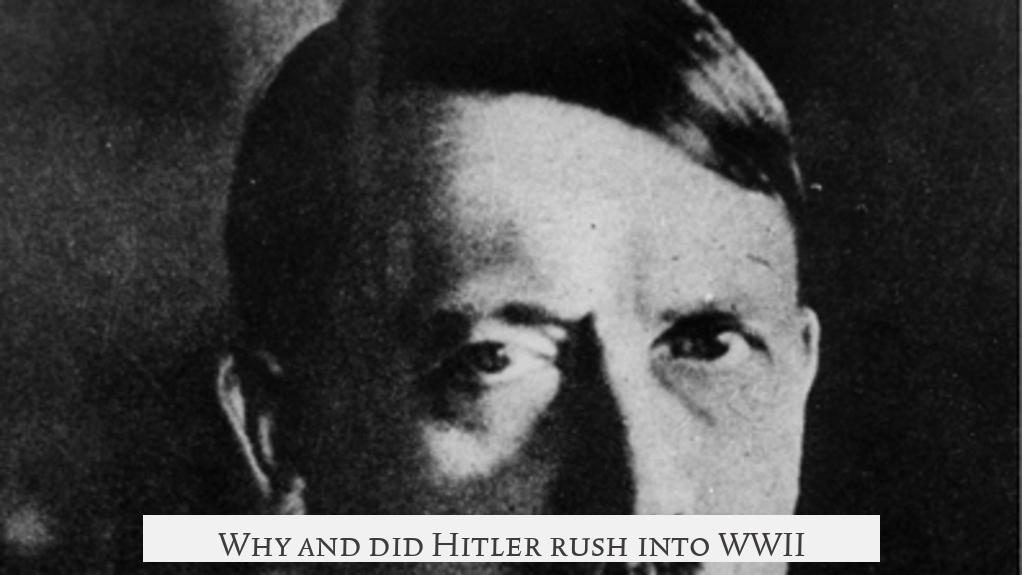
Yes, Adolf Hitler did rush into World War II, and the reasons behind his impatience are a mix of economic desperation, ideological zeal, opportunistic miscalculations, and political dynamics. Let’s unpack this complex web and see why Hitler couldn’t wait for the perfect moment—if there ever was one.
Economic Crisis and the MeFo Bills: The Clock Was Ticking
In the early 1930s, Germany looked like it was bouncing back with a booming economy. But this boom was really a bubble built on shaky foundations. At its core, German growth relied heavily on rearmament funded by an ingenious yet risky financial trick: the MeFo bills. These bills were bonds issued by a fake company called the Metallurgical Research Corporation in 1933 to secretly finance military buildup.
Imagine issuing bonds at 4% interest and promising banks they can cash them in anytime in the three months before maturity. It’s like selling magic beans you promise to redeem… someday. By 1938, the Reichsbank was printing money furiously to pay off these bills—causing a 60% surge in the money supply. The looming threat? Hyperinflation, the dreaded ghost of the Weimar Republic’s past. The economic system was near collapse without a fresh influx of loot and resources.
Germany’s economy was essentially a ticking time bomb set to explode by 1941. Hitler needed to acquire raw materials and wealth fast, and that meant a military campaign to seize territory. It’s no surprise he chose to press the accelerator, rushing into war before the economic engine sputtered and failed.
Hitler’s Expansionist Dreams: More Than Just a World War
The madness wasn’t just economic. Hitler’s grand vision was laid out clearly in his book Mein Kampf. He dreamed of a German empire that would last a thousand years, dominating the East with “Lebensraum”—a living space carved out of Slavic nations he deemed inferior. This wasn’t some vague ambition; it was a brutal blueprint for conquest and ethnic cleansing.
By 1938, Hitler was almost 50 and not in the best health. Time was running out for him to see his empire come to life. His impatience wasn’t just pragmatic; it was intensely personal. Why wait decades for his vision when he might not be around to enjoy the spoils?
Miscalculations & Opportunism: When Luck Fuels Overconfidence
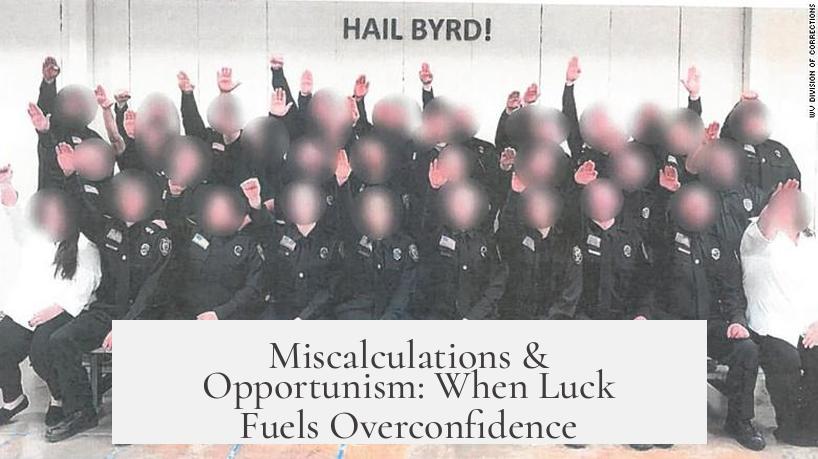
Let’s face it, Hitler had a streak of good fortune. His risky moves paid off—you can say he had a Midas touch for a while. The annexation of Austria and the dismemberment of Czechoslovakia before the war demonstrated how he could pull bold stunts with minimal resistance. He thought Poland would be the next easy grab.
Was he right? Not exactly. But his consistent successes must have fed his ego, pushing him to bet higher and higher. He underestimated the Allied response and misread the Soviet Union’s strength. Remember, Stalin’s purges had gutted the Red Army’s leadership, maybe giving Hitler false confidence in Soviet frailty.
Treaty of Versailles & The Great Depression: The Burden That Broke Germany’s Back
To understand Hitler, you must look back at the Treaty of Versailles, which many historians think virtually guaranteed another world war. It humiliated Germany by taking land and imposing crippling reparations. The ensuing economic pain worsened during the Great Depression, setting the stage for extremist solutions.
Hitler capitalized on this despair. He blamed scapegoats—Jews, socialists, gypsies—for Germany’s problems while promising to rebuild Germany’s military and reclaim lost lands. This promise boosted the economy by creating jobs in arms production. It also fed nationalist pride, making war a popular idea, or at least an acceptable risk for many Germans.
Allied Appeasement & Misplaced Trust: Buying Time, But At What Cost?
Did Britain and France just roll over? Not quite. They were wary but unready for war. Their military was underprepared, needing precious years to catch up. So, appeasement—signing off on the Anschluss and the Munich Agreement—was a strategic wait-and-see approach. They hoped to delay conflict until they could better defend themselves.
Unfortunately, this approach backfired spectacularly. Hitler interpreted appeasement as weakness and encouragement. When Germany swallowed all of Czechoslovakia, it showed how far he was willing to go. The Allies tried to hold the line at Danzig and Silesia, but by then, the game was well past polite diplomacy.
Military Disadvantage: A Race Against Time
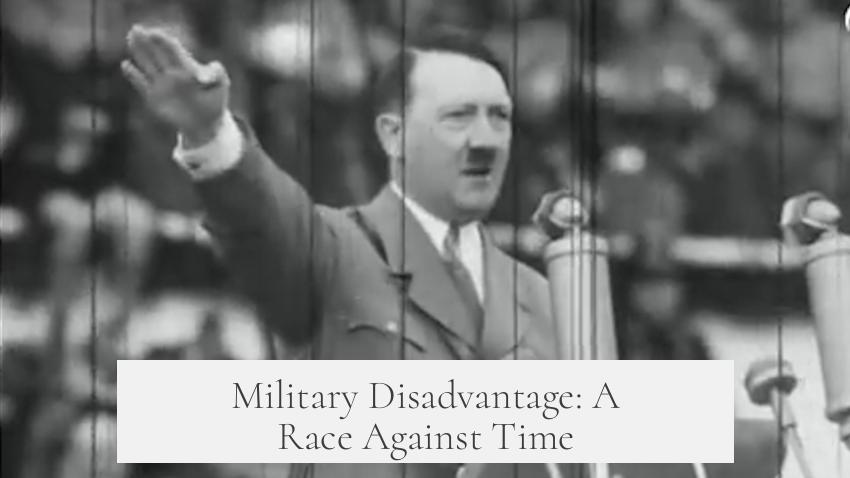
Germany was in a bind militarily. Allied production dwarfed German war production drastically. The Allies built about 20 battleships and 56 carriers compared to Germany’s ambitious but unrealized Plan Z, projecting 10 battleships, 3 battlecruisers, and 4 carriers. The Wehrmacht was gearing up for war but falling behind. Technological developments like jet engines were stirring, but Germany risked losing the race if they waited too long.
Even if Hitler had delayed till 1945, Germany was likely doomed. The Allies’ industrial might and technological progress would overwhelm the Reich. His rush wasn’t just about ambition; it was a desperate gamble against inevitable defeat if he paused.
So, Was It Really a “Rush”? Or Desperation Wearing a Uniform?
We see a man pushed by economic collapse, driven by ideological fanaticism, and egged on by risky successes and a weakened opposition. His choices shout: “Warp speed or bust!” The MeFo bill crisis nearly toppled the German economy. Hitler needed resources fast; war was the solution—or the symptom of failure disguised as conquest.
Hitler’s expansionist plans demanded immediacy. He believed the time for grand empire-building was now, not tomorrow. Allied appeasement gave him a false green light. His misjudgments, especially about the Soviet Union and the Allies, made him overconfident. Germany’s industrial weakness made waiting a gamble too risky.
In short, Hitler rushed into World War II because delaying was a luxury he and Germany could not afford. Economic collapse was imminent, and his vision had an expiration date—one he hoped to meet before forces beyond his control shut the door forever.
Have you ever wondered how history might have changed if Germany’s economy was stable in the 1930s? Would Hitler have marched so quickly into war, or would slow-building tensions have unfolded differently? History leaves us with provocative “what ifs”—but one certainty remains: in Hitler’s mind, time was a resource too scarce to waste.
